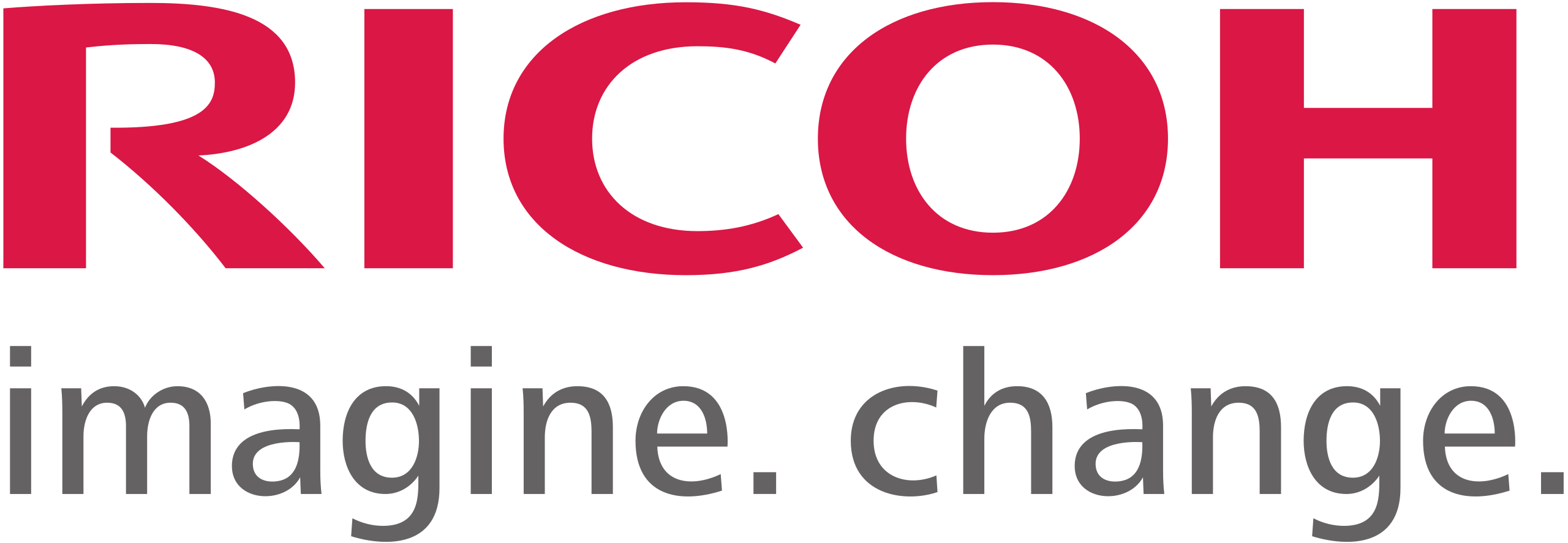4 min read
Enterprise Content Management Vs Document Management Systems
By:
Kali Mogg
on
December 16, 2021
Updated: December 16, 2021

With so many modern businesses and companies awash in data and documents, finding solutions for storing and managing all of that digital content is paramount. Within the realm of information management and systems, enterprise content management (ECM) and document management systems (DMS) provide two well-defined approaches to organizing digital information.
While seemingly similar, these two systems have their differences. But by learning more about each, you’ll know better which is best for your company’s needs. Before taking a stand on the enterprise content management vs document management system debate, being informed is key.
What Exactly Are ECM and DMS?
Enterprise content management provides a formalized means of storing and organizing process documents and contents.
A document management system is a software or computer system that tracks and stores electronic documents.
At face value, those definitions might not seem so dissimilar. Both systems work closely with similar types of content, after all, and affect similar business processes. But taking a closer look at the similarities and differences can help to understand their distinct uses.
How are DMS and ECM Systems Similar?
Both systems manage electronic documents pertinent to business process management and advanced collaboration functionalities. Simply breaking down their features reveals many similarities. Both provide:
- Quick access to information
- Streamlined processes for workflow management
- Powerful security features to keep info secure and contained
- SaaS (software as a service) technology that uses third party, cloud based storage
- Centralized data storage
- Mobile access
- Advanced system search options
- System access limitations to prevent unauthorized access
- Automatic checking of compliance requirements
Both management solutions provide fully centralized storage of digital assets and files. By digitizing files and documents, both types of software can help companies go paperless, make files accessible from anywhere, and provide superb security, collaboration, and other advanced content management features.
How Do These Systems Differ?
Comparing enterprise content management vs document management systems also points to important differences. An ECM system is technically just a more advanced and feature-heavy DMS. ECM includes applications for more demanding or specialized functions for certain users and organizations.
ECM includes the storing and managing tools, strategies, and processes used to capture, retain, and manage content. Enterprise content management platforms appeal to those looking to manage and configure large volumes of structured and unstructured data and types of content, including:
- Images
- Web content
- Video
- Electronic documents
- Other media
ECM can perform advanced content management features, including:
- Managing digital assets
- Indexing
- Document collaboration
- Workflow management
- Audit trails
- Business processes management
- Email management
- Imaging
Document management systems, on the other hand, are designed to control the lifecycle of documents and lifecycle of content. This includes document retention, creation, and accessibility.
Whereas ECM systems act like an office assistant, a DMS acts like a digital filing cabinet, performing:
- Audit trails
- Indexing
- Versioning
- Workflows
Which System is Best for You?
Although these two document management software systems complement each other, they have clear functionality distinctions. DMS and ECM can look similar at the small-business level, because small businesses usually don't have complex content and document management needs, even though many can benefit from managed services.
But, at the enterprise level, content management software can manage a more massive amount of structured and unstructured data. So, to decide which is best, ask yourself questions like:
- How large is my company? Do hundreds of employees or only dozens of employees need system access?
- What are my company’s security needs?
- Does my company deal with lots of different media, like files, videos, images, documents, and more?
- How will version control work?
- Are there regulatory compliance requirements for my industry?
- Is unauthorized access a significant threat?
There are plenty of questions to think about and points to review. If you need help deciding which system is best for your business processes, experts from Standley can offer advice.
When Deciding ECM vs DMS, Company Size and Growth Matter
Content management applications will vary for big and small businesses. And while you’ve probably thought about how the size of your business will affect your digital content needs, it’s a key consideration worth emphasizing.
It’s difficult to say that a company with X number of employees must use a system capable of enterprise content management vs a document management system. Both types of systems can greatly boost company efficiency, security, compliance requirements, and other benefits.
Thinking strictly about company size, don’t forget to factor in growth. Implementing new DMS and ECM systems takes time, and your company might quickly outgrow a system that isn’t adequate. Think about the potential size of your company five or 10 years down the road when deciding.
Standley Systems’ History of Helping Oklahoma Companies
Standley Systems has helped both large and small companies throughout Oklahoma to find the best tech solutions for their needs. When deciding on the best fit for a DMS or ECM system, we know the criteria and qualities to look for.
Handling electronic documents and files is part of business process management. The right tech solutions can streamline these capabilities and transform your company’s efficiency. So, let our team lend a hand. Contact Standley Systems today.

 800-522-3725
800-522-3725 info@standleys.com
info@standleys.com Support
Support











